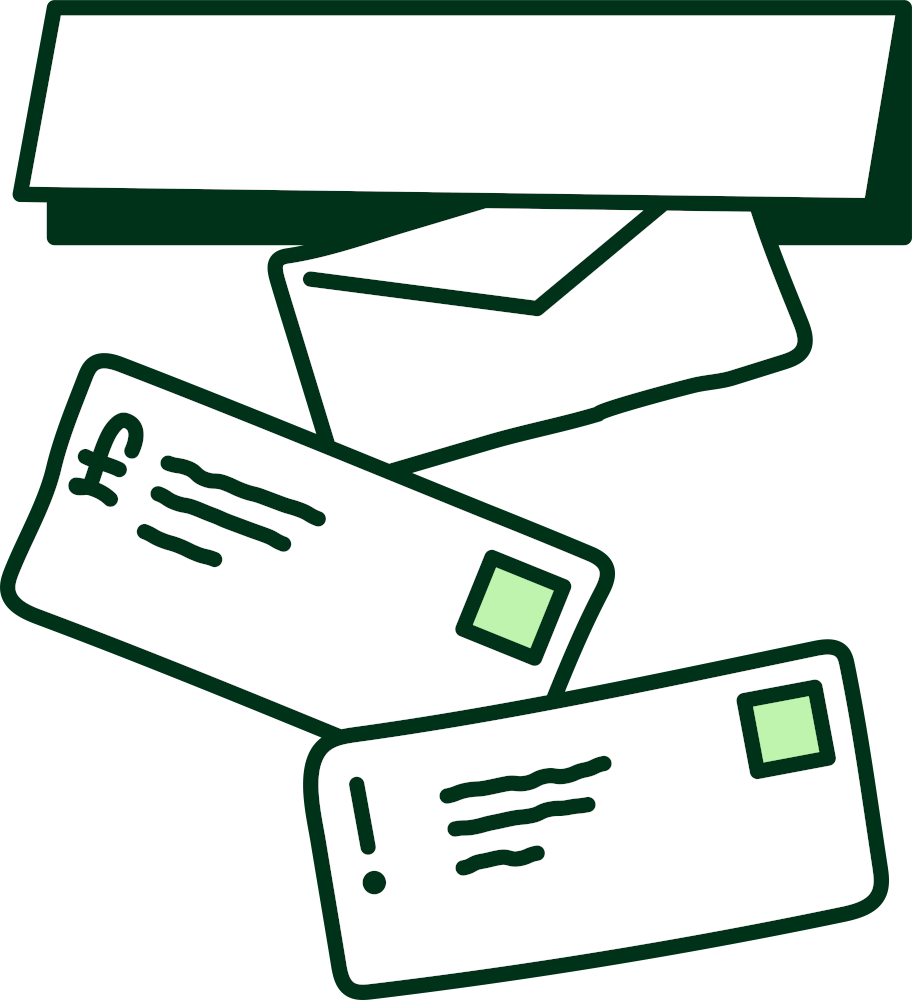What is council tax?
You pay council tax based on the value of your home and the number of adults living in it. You can be liable for council tax if you do not live in the property. This may be because you own a property that no-one lives in, or it is a house of multiple occupation (HMO).
Why is it important to keep up with council tax?
The council has strong powers to make you pay council tax debt. You should pay council tax before paying non-priority debts.
Can I reduce my council tax bill?
These are some ways you may be able to pay less Council Tax:
- Council Tax Reduction
If you are on a low income, you may get Council Tax Reduction. Each council in England and Wales can have their own scheme so the rules vary from council to council.
- Disability reduction
If someone living in the house is disabled you may get a reduction.
- Discounts
You may get a discount if you are the only adult in the property. Or if you share your house with people who are not counted for council tax purposes. This includes full-time students and some apprentices.
- Second Adult Rebate
In England you may get the Second Adult Rebate. The rules for this are complicated. Check whether you are eligible with your local council.
- Discretionary reduction
The council can choose to reduce or cancel your council tax bill or debt. They might do this if you are in severe financial hardship.
Contact your council if you are having problems paying council tax. Tell them if you have applied to reduce the debt. They may not take any action until your claim is dealt with.
What happens if I owe council tax?
If you get behind with payments, the council may apply for a liability order. This is a court order saying that you owe council tax.
If you do not pay the amount stated on the liability order, they can ask you for information. This includes details about your employer and earnings. It is a criminal offence not to respond or to provide false information. The council can use this information to take enforcement action. It includes:
- using bailiffs
- making deductions from your earnings
- making deductions from your benefits
- charging orders (where the debt is secured on a property you own)
- bankruptcy
- imprisonment (in England only)
The council can decide what action to use. They can only use one action at a time for each liability order they have in your name.
Making an offer
You can make an offer to the council before they use enforcement action. Work out how much you can afford to pay each month. You can use My Money Steps to work out your budget. Send your offer and budget to the council as soon as possible. If they refuse your offer start making your payments straight away anyway. This will show the council that you can afford your offer.
Bailiffs
You may hear from bailiffs saying they are going to visit your home and take control of your goods (list goods to sell). If this happens, contact us for advice.
If bailiffs haven’t already visited your home and taken control of goods, then you do not have to let them in. Keep your doors locked. Also keep any vehicles that you own in a locked garage or parked far away from your home. If you don’t do this, the bailiff could clamp your vehicle.
If bailiffs have already taken control of goods, it is important to check that they have only listed goods they are allowed to list and that they have followed the correct procedure.


